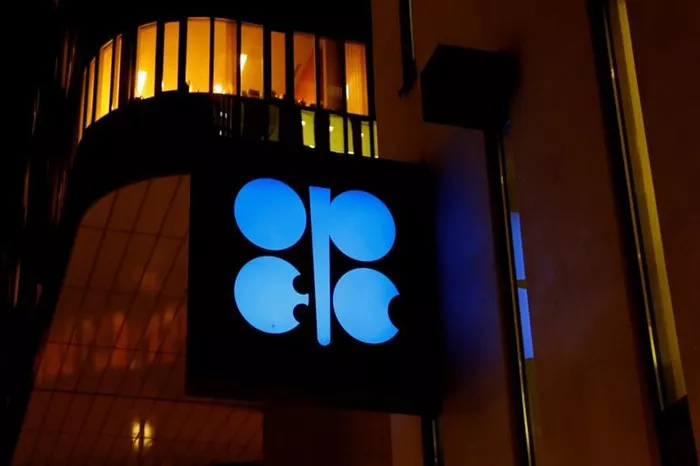In a recent meeting, OPEC+ decided to extend its oil output cuts, delaying the planned reversal of reductions until March 2025 and prolonging additional voluntary cuts until December 2026. The decision comes in response to sluggish global demand and growing production outside the group. OPEC+—which controls about half of the world’s oil supply—had initially planned to begin increasing output in October 2024, but weaker demand and rising non-member production have prompted multiple delays.
Continued Production Cuts to Stabilize the Market
OPEC+ announced that the voluntary adjustments of 2.2 million barrels per day (bpd), which were first introduced in November 2023, will be extended through March 2025. The group intends to gradually phase out these cuts on a monthly basis until September 2026 to maintain market stability.
Additionally, the group will continue another set of voluntary cuts, reducing output by 1.65 million bpd, a measure first announced in April 2023, until December 2026. The UAE will be allowed to increase its output by 300,000 bpd gradually between April and September 2026.
Brent Crude Prices Remain Stagnant
Despite OPEC+’s efforts to limit supply, global oil prices have remained largely unchanged, with Brent crude fluctuating between $70 and $80 per barrel throughout 2024. The group’s decision to reduce production by 5.86 million bpd—roughly 5.7% of global demand—was aimed at stabilizing the market. However, by the close of trading on Friday, February Brent crude futures were down 0.4% at $71.80 per barrel, while West Texas Intermediate (WTI) crude fell 0.4% to $67.67 per barrel.
The ongoing cuts include 2 million bpd from the entire group, with 1.65 million bpd from initial-stage voluntary reductions by eight members and another 2.2 million bpd in second-stage cuts by the same members.
Market Focus Shifts to U.S. Politics
With OPEC+’s strategy in place, market attention is now turning to U.S. President-elect Donald Trump, who could influence oil prices through new sanctions on Iran or tariffs on China. Trump’s stance on ending the war in Ukraine may also reduce risks to global oil supplies. During his previous presidency, Trump frequently criticized OPEC+ for high oil prices, urging Saudi Arabia to increase production.
OPEC+ will reconvene for its next meeting on May 28, 2025, to assess further adjustments to its production strategy.
Related topic:

